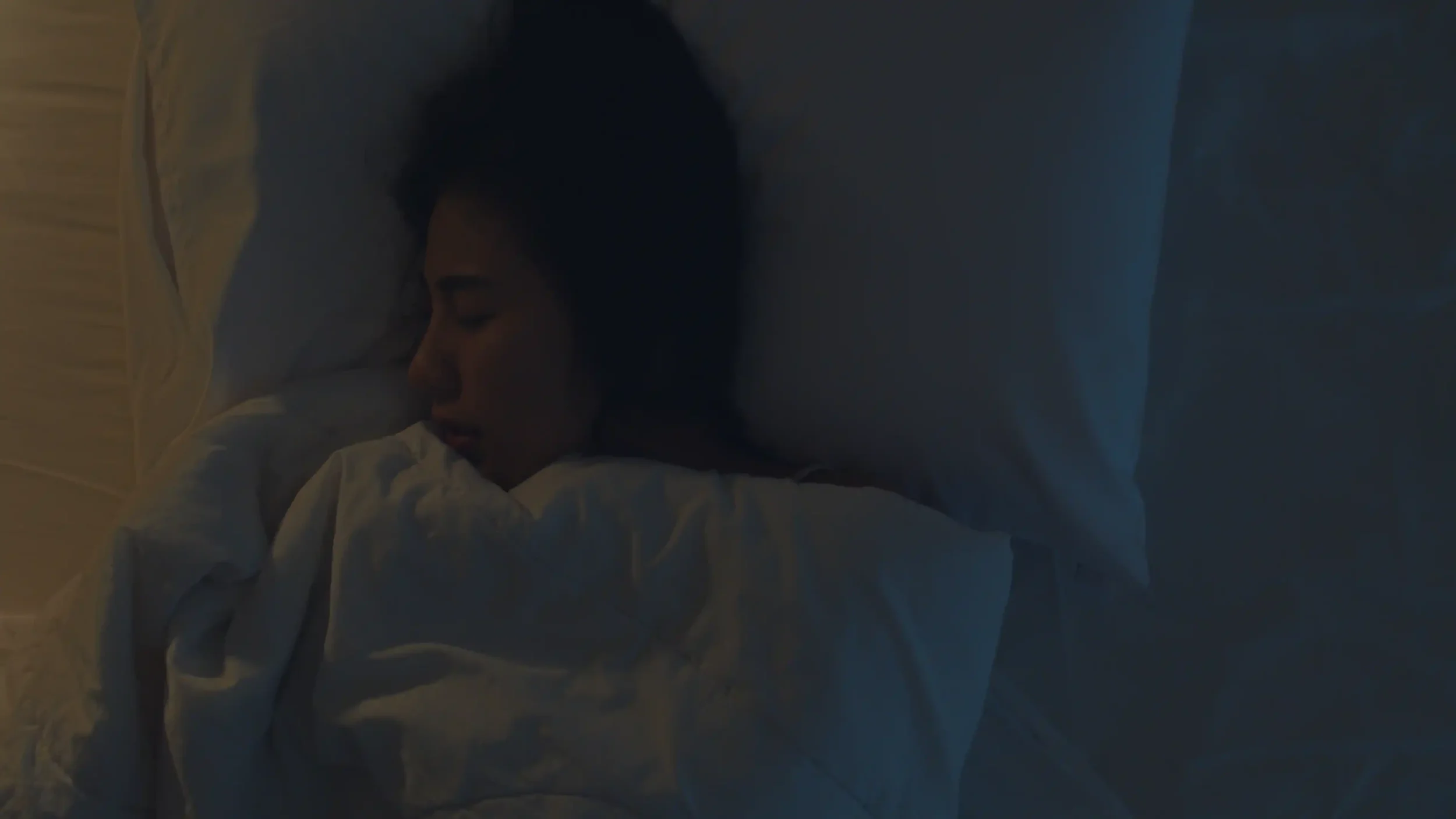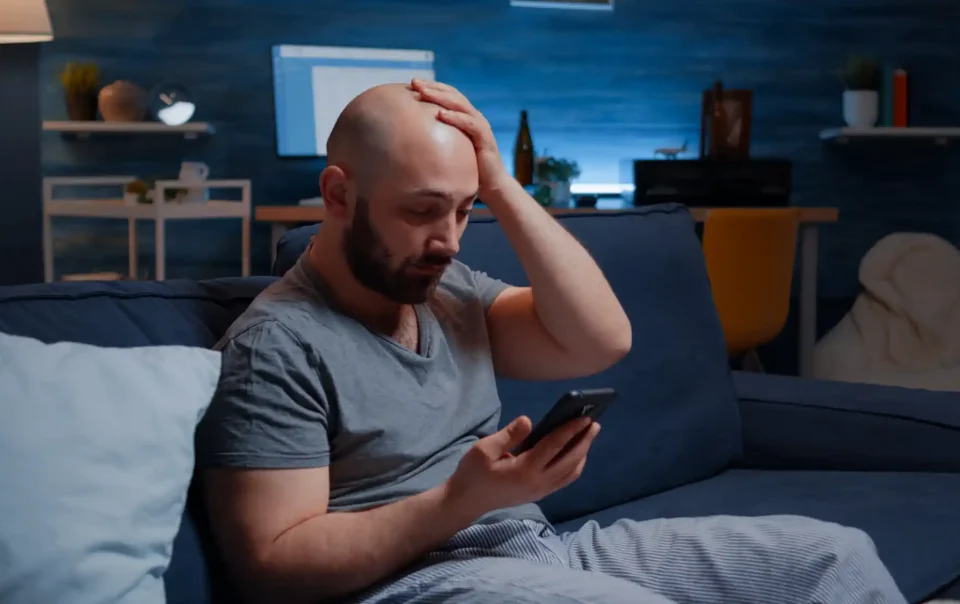
Should You Work Out After a Bad Night’s Sleep? Insights for Brain Health and Recovery
Struggling with sleep deprivation? Discover whether exercising after a restless night benefits your brain health and overall well-being. Learn expert-backed strategies to navigate workouts on low sleep.
Should You Exercise After a Bad Night’s Sleep?
We’ve all faced mornings after a restless night, debating whether to hit the gym or skip the workout. The decision isn’t straightforward, but understanding the interplay between sleep and exercise can guide you.

The Sleep-Exercise Connection
Sleep is crucial for cognitive function, muscle recovery, and overall health.
However, occasional sleep deprivation doesn’t mean you should entirely forgo physical activity.
Benefits of Light to Moderate Exercise on Limited Sleep:
- Enhanced Cognitive Function: Engaging in 20 minutes of moderate exercise can boost brain performance, even after a poor night’s sleep.
- Mood Elevation: Physical activity releases endorphins, helping combat the irritability and lethargy associated with sleep deprivation.
- Improved Sleep Quality: Regular exercise can enhance sleep patterns over time, promoting deeper and more restful sleep.
Cautions to Consider
While exercise has its merits, it’s essential to approach workouts cautiously when sleep-deprived:
- Increased Injury Risk: Lack of sleep impairs motor skills and reaction times, elevating the chance of accidents during high-intensity workouts.
- Weakened Immune System: Combining intense exercise with sleep deprivation can suppress immune function, making you more susceptible to illnesses.
- Delayed Recovery: Sleep is vital for muscle repair. Insufficient rest can prolong recovery times post-exercise.
Expert Recommendations
Dr. Andrew Huberman suggests that while it’s acceptable to exercise after a poor night’s sleep, it shouldn’t become a regular habit. Prioritize rest, and if you choose to work out, opt for low-intensity activities.
Optimal Workout Choices on Low Sleep
- Walking or Light Jogging: Gentle cardio can stimulate circulation without overexerting the body.
- Yoga or Stretching: These activities promote relaxation and flexibility, aiding in stress reduction.
- Short Duration Strength Training: Focus on form and controlled movements to prevent injuries.
Long-Term Strategy: Prioritize Sleep

While occasional light exercise on limited sleep is manageable, consistently sacrificing rest for workouts can be detrimental. Aim for 7–9 hours of quality sleep to support both physical performance and brain health.
📣 Action:
Have you ever exercised after a sleepless night? Share your experiences and tips in the comments below!
For more insights on optimizing brain health and wellness, subscribe to our newsletter and stay updated.

Helping clients improve brain health and prevent Alzheimer’s through expert coaching.
Navigate

Helping clients improve brain health and prevent Alzheimer’s through expert coaching.
Navigate

Helping clients improve brain health and prevent Alzheimer’s through expert coaching.


